Maximizing Efficiency: Best Practices for Using Natural Gas at Home

Key Takeaways
- Regular Maintenance and Leak Detection: Routine checks and maintenance of gas appliances enhance their efficiency and safety. Identifying and fixing leaks promptly prevents gas waste and potential hazards.
- Adopt Energy-Saving Practices: Adjusting thermostats, utilizing curtains for insulation, and opting for low-flow showerheads can significantly reduce natural gas usage without compromising comfort.
- Invest in Energy-Efficient Appliances: Upgrading to ENERGY STAR-certified appliances can lead to substantial long-term savings on gas bills. These appliances are designed to use minimal gas while delivering the same or better performance.
Natural gas is a widely chosen fuel for home use.
Its appeal lies in its cleanliness, efficiency, and cost-effectiveness. Across many homes, it powers heating systems, stoves, and water heaters. To fully reap its benefits, smart usage is key.
This discussion aims at guiding homeowners. It focuses on optimizing natural gas use to enhance savings and energy conservation. The goal is to equip you with practices that ensure efficient usage.
By adopting these strategies, you can minimize costs and maximize benefits. This approach not only benefits your household budget but also contributes to environmental conservation. Let’s delve into practical tips and best practices. This way, we can all make the most of natural gas at home.
1. Regular Maintenance of Gas Appliances
Regular checks keep gas appliances working well. It ensures they use gas efficiently. Have a professional inspect your heater, stove, and boiler yearly.
They can fix small issues before they become big problems. Clean filters and vents improve air flow and efficiency. This practice also extends the life of your appliances.
Leaks in gas appliances are dangerous and wasteful. Detecting them early saves gas and keeps you safe. Use soap water to check for leaks in pipes. Bubbles form where there are leaks. Do this check often, especially after repairs. Fix leaks promptly to prevent gas waste and hazards.
2. Efficient Heating Practices
Set your thermostat to a comfortable level. Lower it when you are not home. Even a small adjustment can save a lot of gas. Use curtains to keep heat in during winter. Open them during the day to let sunlight in. Close them at night to keep the cold out.
Insulate your home well to keep heat inside. Good insulation means less gas is needed to heat your home. Pay special attention to windows, doors, and attics. Sealing gaps prevents cold drafts and saves energy. This simple step makes a big difference in gas usage.
3. Water Heating Efficiency
Use less hot water to save gas. Fix leaks in faucets and showers. A dripping tap wastes a lot of water and gas. Install low-flow showerheads to reduce hot water use. They save gas and water without reducing pressure.
Set your water heater to a moderate temperature. A setting too high wastes gas and can be dangerous. Insulate your water heater and pipes. This keeps water hot longer without using more gas. It is a cost-effective way to save energy.

4. Cooking Gas Efficiency
Use the right size burners for pots and pans. Small pots on large burners waste gas. Keep lids on pots to cook food faster. This simple habit saves a lot of gas over time. Also, use a pressure cooker for fast cooking. It uses less gas and cooks food quickly.
Do not preheat the oven longer than necessary. It wastes gas and is often not needed. Turn off the burner or oven a few minutes before cooking is done. The remaining heat will finish the cooking. This tip saves gas every time you cook.
5. Investing in Energy-Efficient Appliances
When possible, buy energy-efficient gas appliances. They use less gas and save money in the long run. Look for the ENERGY STAR label when shopping. These products meet strict energy efficiency guidelines. Although they may cost more upfront, they save you money over time.
Consider replacing old appliances with new, efficient ones. Old models often waste gas and are less efficient. The initial cost of a new appliance can be offset by the savings in gas usage. This investment also helps the environment by reducing emissions.
Conclusion
Efficient use of natural gas at home brings many advantages. It leads to savings on utility bills and conserves energy.
Moreover, it contributes positively to environmental protection. The cornerstone of efficiency lies in consistent upkeep of gas appliances. Proper maintenance ensures they operate at peak efficiency. Adopting smart heating habits also plays a crucial role. It reduces unnecessary gas consumption.
Wise usage of kitchen and heating appliances further enhances efficiency. Additionally, investing in appliances that boast high energy efficiency is crucial. Such appliances use less natural gas, amplifying savings over time.
By embracing these practices, we can significantly boost natural gas efficiency in our homes. This collective effort can yield a substantial positive impact, both economically and environmentally.
FAQs
Q1. Why is regular maintenance of gas appliances important?
Regular maintenance ensures appliances operate efficiently, extending their lifespan and preventing gas wastage.
Q2. How can I detect gas leaks in my home?
Apply soapy water to gas line connections; bubbles indicate a leak. Regular checks, especially after repairs, are crucial for safety.
Q3. What simple step can I take to save on heating?
Lower your thermostat when you’re not home. A slight adjustment can significantly reduce gas usage.
Q4. How does insulation contribute to natural gas efficiency?
Proper insulation keeps heat in, reducing the need for constant heating and thus saving natural gas.
Q5. Can fixing a dripping tap save natural gas?
Yes, fixing leaks in your hot water system prevents wasting water heated by gas, saving energy and money.
Q6. Why should I consider low-flow showerheads?
They reduce hot water usage without sacrificing water pressure, saving both water and the gas used to heat it.
Q7. What is the benefit of using the right size burner?
Matching pots to burner size avoids wasting gas, ensuring efficient cooking and energy use.
Q8. How does preheating the oven affect gas usage?
Unnecessary long preheating wastes gas. Turning off the oven early utilizes residual heat, saving energy.
Q9. What should I look for when buying gas appliances?
Look for the ENERGY STAR label, indicating high efficiency and lower gas usage over the appliance’s lifespan.
Q10. Is it worth replacing old gas appliances?
Yes, newer models are more efficient, using less gas and potentially saving money on utility bills while also being better for the environment.

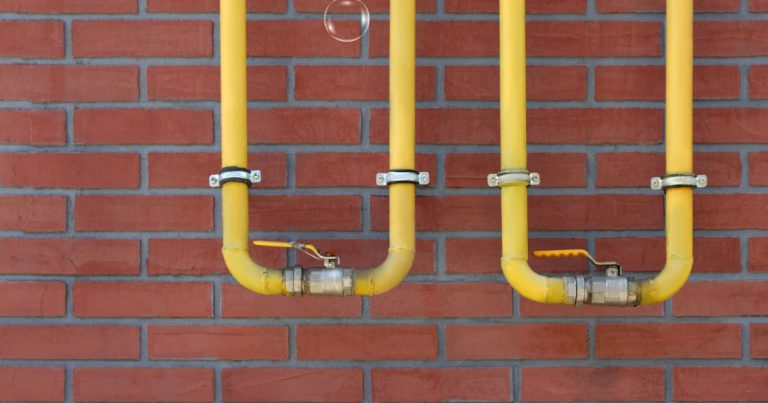
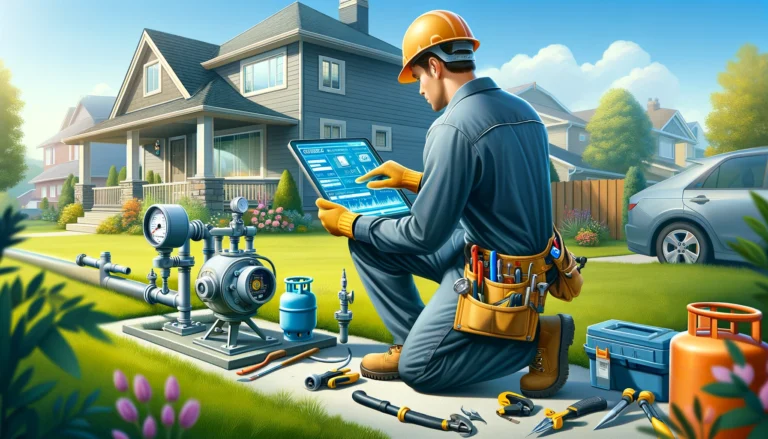
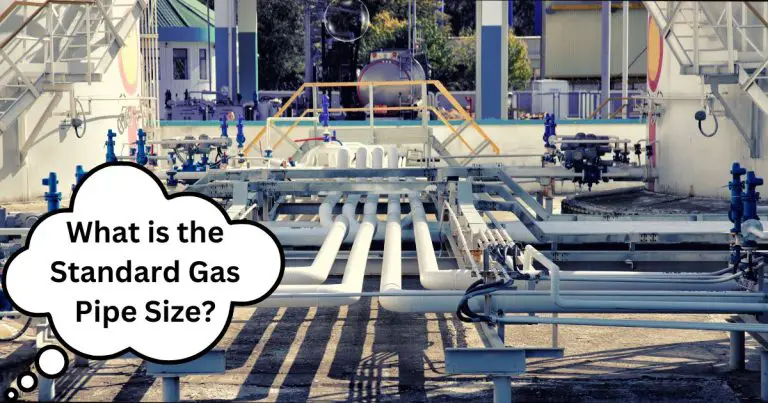
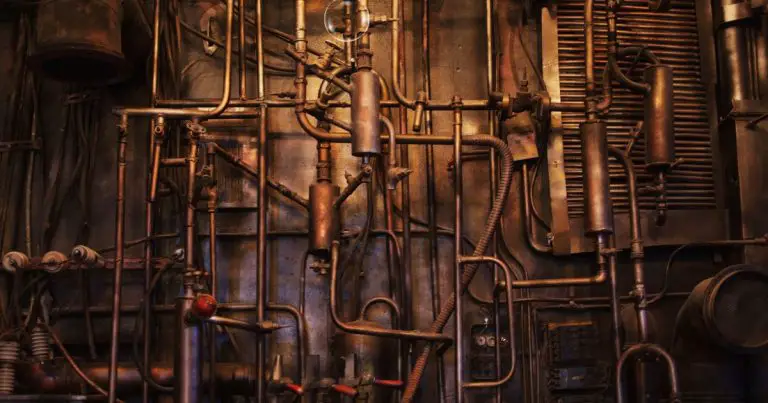
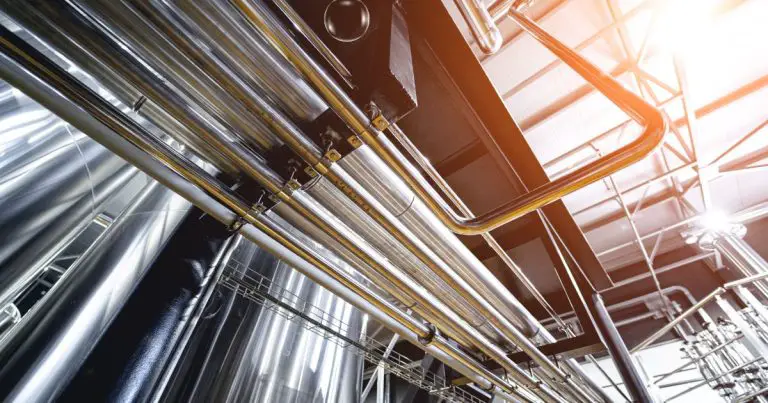
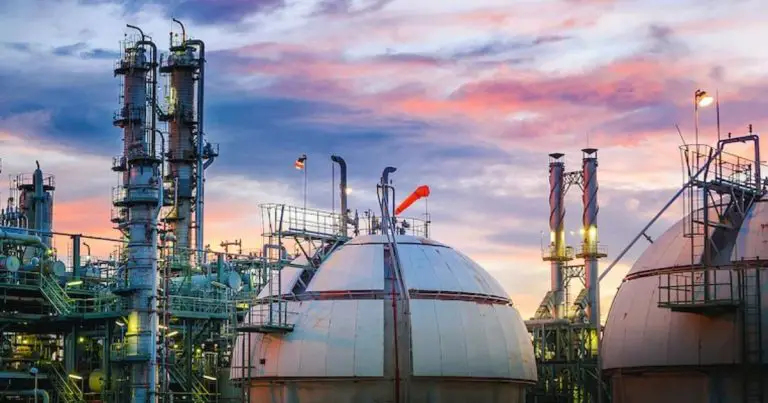

google reviews [url=storesonline-reviews.com#google-reviews]social proof[/url].
I am not real wonderful with English but I line up this really easy to translate.
I think this is one of the most significant information for me. And i’m glad reading your article. But want to remark on some general things, The site style is ideal, the articles is really excellent : D. Good job, cheers
science and technology news [url=http://wmta-online.com/]technological news[/url].
Win Big and Rise to the Top of the Poker Game Leaderboard!
online roulette gambling [url=casinowild-24.com/games-guide/roulette-guide]casinowild-24.com/games-guide/roulette-guide[/url] .
online video free poker [url=https://casinowild-24.com/free-casinos/free-video-poker]online video free poker[/url] .
I have been browsing on-line greater than three hours lately, but I by no means discovered any attention-grabbing article like yours. It¦s pretty worth sufficient for me. Personally, if all webmasters and bloggers made good content as you probably did, the net can be a lot more useful than ever before.
real casino no deposit [url=http://www.gamewild24.com/casino-reviews/no-deposit-casinos/ online no deposit casinos]http://www.gamewild24.com/casino-reviews/no-deposit-casinos/ online no deposit casinos[/url] .
Hi there, I found your site via Google while searching for a related topic, your website came up, it looks good. I’ve bookmarked it in my google bookmarks.
Perfect work you have done, this website is really cool with great info .
online roulette betting strategy [url=http://www.casinoroyalspins.com/tips-strategy/roulette]http://www.casinoroyalspins.com/tips-strategy/roulette[/url] .
I’d have to examine with you here. Which is not one thing I usually do! I take pleasure in reading a post that may make folks think. Additionally, thanks for permitting me to comment!
Earn money in online casinos
play craps online free [url=https://casinowolfspins.com/free-casinos/free-craps/]play craps online free[/url] .
In this great pattern of things you actually secure an A+ with regard to hard work. Exactly where you lost everybody ended up being on your facts. You know, it is said, the devil is in the details… And that couldn’t be more accurate right here. Having said that, let me say to you exactly what did deliver the results. Your article (parts of it) can be incredibly powerful and that is probably why I am making the effort in order to comment. I do not make it a regular habit of doing that. Second, whilst I can easily notice the jumps in reasoning you make, I am not necessarily sure of exactly how you seem to unite your details which in turn help to make your conclusion. For right now I shall subscribe to your issue but trust in the future you connect the dots better.
guide to craps [url=http://www.casinowild24.com/games-guide/craps-guide]http://www.casinowild24.com/games-guide/craps-guide[/url] .
Great V I should certainly pronounce, impressed with your site. I had no trouble navigating through all tabs as well as related information ended up being truly easy to do to access. I recently found what I hoped for before you know it at all. Reasonably unusual. Is likely to appreciate it for those who add forums or anything, website theme . a tones way for your customer to communicate. Excellent task..
I have been surfing online more than 3 hours today, yet I never found any interesting article like yours. It’s pretty worth enough for me. In my view, if all web owners and bloggers made good content as you did, the web will be a lot more useful than ever before.
mobile phone gambling [url=http://www.royalspins-game.com/casino-reviews/mobile-casinos/]http://www.royalspins-game.com/casino-reviews/mobile-casinos/[/url] .
Hey people!!!!!
Good mood and good luck to everyone!!!!!
I’m typically to running a blog and i really respect your content. The article has actually peaks my interest. I am going to bookmark your web site and preserve checking for brand new information.
I loved as much as you’ll receive carried out right here. The sketch is tasteful, your authored material stylish. nonetheless, you command get bought an edginess over that you wish be delivering the following. unwell unquestionably come more formerly again as exactly the same nearly very often inside case you shield this increase.
You actually make it seem really easy together with your presentation however I find this matter to be really something that I think I would by no means understand. It sort of feels too complex and extremely huge for me. I am looking forward on your subsequent post, I will try to get the grasp of it!
Hey, check out all the cool Nude Granny the following, ready for you yourself to enjoy. You won’t need to search too hard to get the best granny porn pics with sizzling girls and women any longer! A bunch of these pics are used by normal folks, not pros. Therefore, you are getting real, authentic photos that will make your viewing encounter better still. Some might look really professional though, because of experienced photographers snapping them. Expect top-notch quality with regards to lighting, angles, backgrounds, and models. Regardless of what you’re into, you will discover something awesome in this collection! And the very best part? All of the photos are absolve to view, so that you can enjoy them without any payment or sign-ups. If you are looking for something specific, just utilize the quick search box at the top to find just what you want.
of course like your website but you need to check the spelling on several of your posts. Several of them are rife with spelling issues and I find it very bothersome to inform the truth nevertheless I’ll definitely come again again.
Having read this I thought it was very informative. I appreciate you taking the time and effort to put this article together. I once again find myself spending way to much time both reading and commenting. But so what, it was still worth it!
I will right away snatch your rss feed as I can’t find your e-mail subscription link or e-newsletter service. Do you’ve any? Kindly allow me understand in order that I may subscribe. Thanks.
1win казино — популярная платформа для онлайн азартных игр. Оно предлагает широкий выбор слотов, настольных игр и ставок на спорт в удобном интерфейсе. Бонусы для новых игроков и регулярные акции делают игру выгодной и увлекательной. 1вин официальный сайт 1вин – посетите официальный сайт 1win для полного спектра услуг и развлечений. Стабильная работа сайта и быстрые выплаты делают 1win привлекательным выбором для любителей азарта.
What Is Wealth Signal? Wealth Signal isn’t just a financial tool; it’s a new way of thinking about and achieving wealth. Unlike traditional methods that focus on external strategies, Wealth Signal emphasizes changing your internal mindset.
What is Tea Burn? Tea Burn is a new market-leading fat-burning supplement with a natural patent formula that can increase both speed and efficiency of metabolism. Combining it with Tea, water, or coffee can help burn calories quickly.
What is ProvaDent? ProvaDent is a cutting-edge dental support supplement crafted by Adem Naturals. It integrates the BioFresh™ Clean Complex and a sophisticated oral probiotic complex to rejuvenate the oral microbiome.
Thanks for sharing superb informations. Your site is very cool. I’m impressed by the details that you have on this web site. It reveals how nicely you understand this subject. Bookmarked this website page, will come back for more articles. You, my friend, ROCK! I found just the info I already searched everywhere and simply could not come across. What an ideal site.
play roulette for money [url=https://wolfspins-game.com/games-guide/roulette-guide/]play roulette for money[/url] .
Simply want to say your article is as surprising. The clarity in your post is simply nice and i could assume you’re an expert on this subject. Fine with your permission let me to grab your feed to keep up to date with forthcoming post. Thanks a million and please continue the gratifying work.
I will immediately grab your rss feed as I can’t to find your email subscription link or newsletter service. Do you have any? Please let me understand in order that I may just subscribe. Thanks.
Wonderful goods from you, man. I have bear in mind your stuff prior to and you’re simply too great. I actually like what you’ve acquired right here, really like what you are saying and the best way by which you assert it. You are making it entertaining and you continue to take care of to keep it sensible. I cant wait to learn much more from you. This is really a wonderful site.
It¦s in reality a nice and helpful piece of info. I¦m satisfied that you shared this useful information with us. Please keep us up to date like this. Thank you for sharing.
Hello.This post was extremely interesting, especially because I was investigating for thoughts on this subject last Wednesday.
A powerful share, I simply given this onto a colleague who was doing slightly analysis on this. And he the truth is bought me breakfast as a result of I found it for him.. smile. So let me reword that: Thnx for the deal with! But yeah Thnkx for spending the time to discuss this, I feel strongly about it and love studying extra on this topic. If possible, as you develop into expertise, would you thoughts updating your blog with more particulars? It is highly helpful for me. Large thumb up for this blog submit!